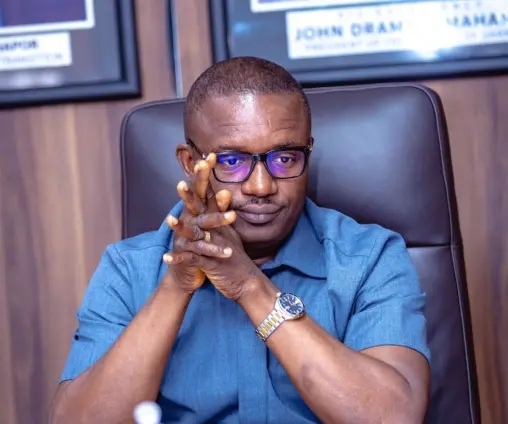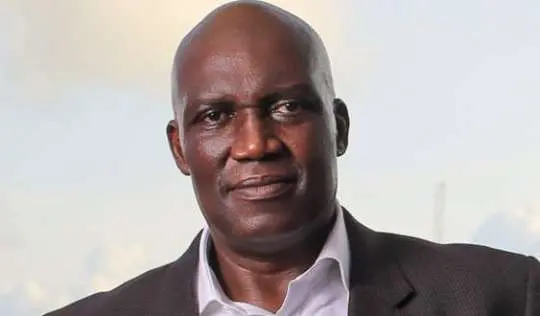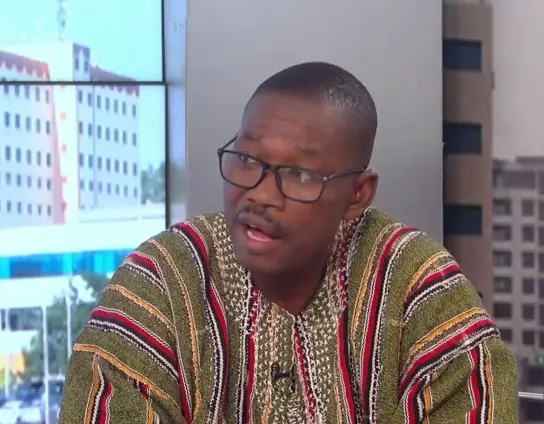Accra, Ghana – The hum of Ghana’s power grid masks a growing financial concern: the terms of agreements with Independent Power Producers (IPPs). For years, these contracts have been a cornerstone of the nation’s energy supply, but now, they’re facing increased scrutiny. The Public Utility Workers Union (PUWU) is now spearheading a call to renegotiate these agreements to address what they see as critical pricing inefficiencies which contribute to considerable revenue leakage in the energy sector. Addressing the intricacies of IPP Contracts Ghana is now more important than ever.
Ghana’s energy sector is struggling under the weight of these financial burdens, and the core argument for reassessing these contracts centers around the idea that significant savings are achievable without compromising the nation’s power supply. This blog post will explore PUWU’s urgent appeal, delve into the pricing discrepancies of IPP Contracts Ghana, examine the impact of volatile exchange rates, and consider potential pathways toward a more financially sound and sustainable energy future for Ghana.
The PUWU’s central argument revolves around the high cost of electricity generated by IPPs compared to alternative energy sources. According to Timothy Nyame, the General Secretary of PUWU, there is a pressing need for the government to take action. “There are certain things that we are also raising about the pricing of IPPs,” Nyame stated in a recent address. “Has the government taken the pain to renegotiate the IPP contract with them?” This quote encapsulates the frustration felt by many within the union, who believe the government has not prioritized addressing the financial implications of these agreements.
While tariffs and fuel supply often dominate discussions surrounding the energy sector, PUWU contends that the pricing structures within IPP Contracts Ghana deserve equal, if not greater, attention. Renegotiating these contracts, they assert, could unlock substantial revenue savings that could be reinvested into improving the nation’s energy infrastructure and alleviating financial pressures.
One of PUWU’s key observations is that Ghana appears to be paying more for electricity from IPPs than other African countries. A thorough comparative analysis of IPP pricing across the continent is crucial to understanding the reasons behind these disparities. Factors such as contract terms, negotiation power, and the specific technologies employed by different IPPs could all contribute to these price differences. Understanding these nuances is paramount to successfully renegotiating IPP Contracts Ghana.
These higher costs ultimately impact both consumers and the national economy. Businesses face higher operating expenses, and individual households struggle to afford electricity, hindering economic growth and exacerbating social inequalities. Addressing these pricing concerns is therefore not just a matter of fiscal responsibility but also of social justice.
The instability of exchange rates presents another major challenge to Ghana’s energy sector. Many IPP Contracts Ghana are denominated in foreign currencies, making them susceptible to fluctuations in the exchange rate between the Ghana Cedis and major global currencies. These fluctuations can significantly increase the cost of electricity, as payments to IPPs become more expensive in local currency terms.
To mitigate this risk, PUWU recommends transitioning to contracts denominated in Ghana Cedis. This would provide greater stability and reduce the exposure of the energy sector to external economic shocks. While this transition may present its own set of challenges, such as negotiating new terms with IPPs and ensuring the long-term stability of the local currency, the potential benefits in terms of price stability and reduced financial risk are significant.
The Minister for Energy and Green Transition, John Abdulai Jinapor, has been tasked with navigating these complex issues. The government’s stance on IPP contract renegotiations remains a key factor in shaping the future of Ghana’s energy sector. Successful renegotiation will likely require a multi-pronged approach, including skilled negotiation tactics, a thorough understanding of legal considerations, and a commitment to transparency and public engagement.
It’s critical to have transparency during IPP Contracts Ghana renegotiations. By keeping the public informed, the government can foster trust and ensure that the process reflects the best interests of the Ghanaian people. Public engagement can also provide valuable insights and perspectives that can inform the negotiation process.
PUWU’s advocacy for renegotiating IPP Contracts Ghana underscores the urgent need to address financial vulnerabilities within the energy sector. The pricing disparities compared to other African nations, compounded by the negative impact of exchange rate fluctuations, pose significant challenges to the financial health of the nation. Renegotiation holds the potential to unlock substantial savings, promote stability, and pave the way for a more sustainable energy future.
The path forward requires decisive action, strategic negotiation, and a commitment to transparency. The future of Ghana’s energy sector hinges on addressing these critical issues. Stay informed and advocate for a sustainable energy future in Ghana.
Image Source: MYJOYONLINE





















